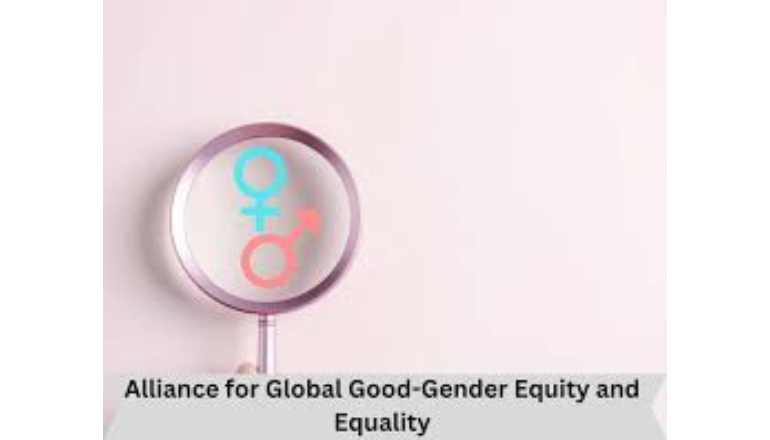The stage is set for the annual United Nations Climate Summit—Conference of the Parties (COP30) in Belém, Brazil. The location is symbolic: the heart of the Amazon, a region critical to the planet’s climate stability. The timing is also crucial, as 2025 marks the 10th anniversary of the Paris Agreement and the deadline for countries to submit new, more ambitious 2035 climate targets (known as NDCs).
But for veteran observers, this optimism is tempered by a heavy dose of skepticism.
UN Secretary-General António Guterres has been an extremely vocal and pointed critic of “greenwashing” at these summits.
Guterres was famously direct at a previous summit, stating that climate pledges with loopholes are “rank deception. This toxic cover-up could push our world over the climate cliff. The sham must end.” UN climate summits have developed a reputation for being exercises in “greenwashing”—generating impressive-sounding headlines and pledges that often mask a lack of binding action or, worse, protect the very industries driving the crisis.
As we look toward Belém, we must ask: Will this COP be different? Or will it be another “whitewash” where rhetoric fails to meet reality?
A constructive critique requires looking at where past COPs have consistently fallen short.
Here are three key issues Belém must overcome.
The Finance Gap: Big Pledges, Empty Pockets
The loudest announcement is almost always about money, and it’s also the source of the deepest mistrust.
• The Precedent: Developed nations famously pledged in 2009 (COP15) in Copenhagen to deliver $100 billion a year in climate finance to developing nations by 2020. They only confirmed that this goal was finally met in 2022—two years late.
• The “Whitewash“: This failure wasn’t just about timeliness; it was about quality. Much of this “finance” was delivered as loans, not grants, pushing climate-vulnerable nations further into debt. Furthermore, funding for “adaptation” (helping countries build resilience to floods, droughts, etc.) has been a tiny fraction of what’s needed, with most funds going to mitigation projects.
• The COP30 Test: This brings us to the new “Baku to Belém Roadmap.” This plan, unveiled by the COP29 and COP30 presidencies, aims to mobilize $1.3 trillion annually. The scale is ambitious, but the old questions remain.
Critics are already pointing out that the plan is vague on how much will be public grants versus “mobilized” private-sector loans. For COP30 to be a gamechanger, it must establish a new finance goal that is built on trackable, grant-based public money, not just repackaged development aid and high-interest loans.
The fossil fuel elephant in the room:
Fossil fuels have been the proverbial taboo in final COP texts. This is no accident.
• The Precedent: COP28 in Dubai was a masterclass in this paradox. The summit was hosted by a petrostate and presided over by the CEO of its national oil company, Sultan Al Jaber.
• The “Whitewash“: That summit saw a record 2,400+ fossil fuel lobbyists registered as attendees. The final text was hailed as “historic” for finally mentioning fossil fuels. But the negotiated language was a weak compromise: a call to “transition away from” fossil fuels, not the “phase-out” that over 100 countries demanded. This was seen by many as a deliberate move to create a loophole for the industry to continue expanding.
• The COP30 Test: Brazil, the host of COP30, is also a major oil and gas producer. The world will be watching to see if the “Belém” COP, set in the Amazon, will champion its natural carbon sinks or protect its state-owned oil interests. A successful COP30 must include a clear, time-bound fossil fuel phase-out in its final text and take serious steps to limit the outsized influence of polluters in the negotiations.
The “loss and damage” distraction
One of the biggest diplomatic victories of recent COPs was the operationalization of the Loss and Damage Fund, designed to help poor nations cope with unavoidable climate disasters. Yet, even this historic win is often viewed critically, serving as a convenient “whitewash” or distraction. Critics fear that the focus on paying for damages allows wealthy nations and fossil fuel interests to avoid the deeper commitment to phasing out emissions—effectively settling a claim without addressing the root cause.
• The Precedent: The fund was formally established at COP28, a huge win for vulnerable nations.
• The “Whitewash“: The initial pledges from wealthy nations totaled around $700 million. This sounds like a lot, but it is a drop in the ocean compared to the estimated $400 billion+ needed annually to cover climate-related damages.
• The COP30 Test: This creates a dangerous dynamic where wealthy nations can “buy” goodwill and a positive headline by putting a few million in the Loss and Damage pot, all while refusing to stop the primary cause of the problem: their emissions. COP30 must not allow symbolic contributions to this
fund to be used as a bargaining chip to avoid committing to a fossil fuel phase-out or delivering on the larger $1.3 trillion finance goal.
Can COP30 be the game-changer?
Belém is not doomed to repeat these failures. It can break the cycle, but only if it moves from pledges to accountability.
1. Make Finance Accountable: The $1.3 trillion roadmap must have teeth. This means clear, separate targets for public grants (not just “mobilized” private capital) and a massive, dedicated stream for adaptation.
2. Make the Goal Unambiguous: Brazil must use its presidency to champion a fossil fuel phase-out in the text. No more loopholes, no more “transitioning away.”
3. Make Pledges Real: The 2035 climate plans (NDCs) submitted at COP30 must be based on absolute, near-term emissions cuts, not vague “net zero by 2050” promises that rely on unproven technologies or offset schemes.
Our take:
COP30 has the potential to be a turning point.
COP30 will only succeed if its leaders are committed to action, choosing clearly between the demands of planetary science and the lure of corporate spin. Will they continue to be captive to the cheap, deceptive comforts of political and corporate spin? The world, and the Amazon, is waiting for the answer.












